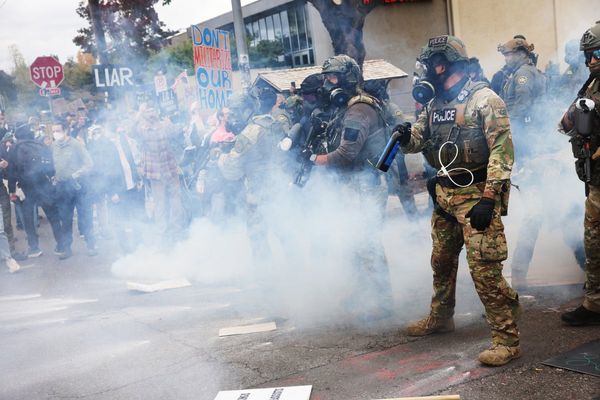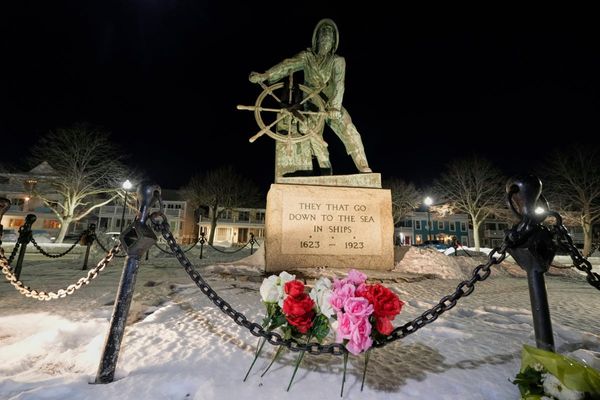
Member of the Central Council of Sudan’s Alliance for Freedom and Change, Yasir Arman, warned against the return of the Sudanese Brotherhood to power.
Arman, who served as political advisor to former Prime Minister Abdallah Hamdok, said in an interview with Asharq Al-Awsat that the supporters of ousted President Omar al-Bashir were trying to exploit the armed forces as a “Trojan Horse to restore their lost paradise.”
“The former regime is trying to use the armed forces as a protective political shield… to restore its lost paradise,” he said, adding: “The conflict is not between civilians and the military, as some people try to portray it; rather, it is between the Islamic movement regime and the Sudanese people. The Islamists want to use the armed forces against the wishes of the people.”
The Sudanese official explained that more than 35,000 employees of the former regime were currently at the top of the civil service, security services and other bodies.
“This great confusion caused by the remnants of the Bashir regime - who are accusing others of wanting to dismantle the armed forces - is intended to regain power,” he noted.
Arman stressed that the Sudan Alliance for Freedom and Change called for reforming and building the armed forces and the security sector, in accordance with internationally-approved programs, including disarmament, demobilization and reintegration, and the withdrawal of Islamists from the regular forces.
“Regional powers must know that the Islamists of the National Congress Party are now at the closest point to seizing power again. Their return will not be at the expense of the Sudanese people alone, but at the expense of the region and the international community as well,” the official warned.
Asked about the Quartet initiative to solve the Sudan crisis, Arman pointed to the need to include regional and international parties that support the transition and the political process.
“Any political process that the people do not approve of is doomed to failure,” he said, adding: “I’m not talking about a settlement; because any solution or political process that overlooks issues that involve impunity… will not work.”
Arman stressed the need to address war crimes, genocide and the causes that led to the secession of South Sudan, in order to redefine a new national project and rebuild the country.
On the possibility of negotiating the removal of the current leaders of the army, he said: “I’m not talking about negotiation; rather, it is about a peaceful transition to a democratic civilian authority that is acceptable to the people, according to a credibly designed process, and not in closed rooms…”
“Tomorrow, the people should not be surprised by a prime minister who has been approved by the army. The process should be carried out with genuine popular participation, drawing on the experiences of many countries that have witnessed a transition to a real democratic civil authority,” the Sudanese official remarked.
Asked whether the participation of the head of the Sovereignty Council in the funeral of the Queen of Britain, and Sudan’s speech at the United Nations, were considered as a new direction for the international community, Arman said: “I cannot speak on behalf of the international community; but what I know is that the international community will not accept you unless your people accept you, and that the main issue is within the country and not with the international community. External painkillers will not be useful in ending the coup crisis.”
Commenting on talks about the rapprochement between the Rapid Support Forces (RSF) and the Freedom and Change Alliance, the Sudanese official told Asharq Al-Awsat: “No rapprochement can be achieved at the expense of the armed forces or at the expense of RSF, as both options are wrong. The armed forces will remain the main basis on which the reform of the military and security sector must take place.”
He added: “We don’t want sedition; we want stability for our country. We are not seeking to dismantle the armed forces. This is a big lie.”
Arman emphasized the need to define the difference between the agenda of the revolutionary forces and the political process to overthrow the coup.
“There are important forces, and they may be interested in the democratic transition. Dealing with them needs mechanisms and a different perception. If this does not happen, the forces of the revolution may pay the price of confusing them with the forces of democratic transition,” he explained.







